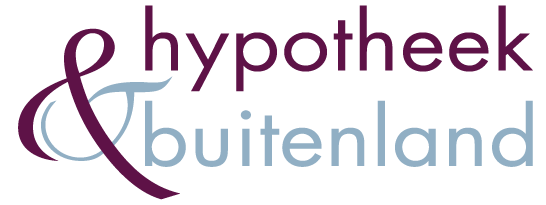Purchase and ongoing costs Portugal
Purchase and ongoing costs Portugal
The “buyer’s fees” (also known as “notary fees”) generally include the total costs due in taxes and notary fees. These costs are twofold: one part the costs related to the purchase of the property and the second part related to the notarization of the mortgage. The amount of the total cost varies quite a bit in Portugal and depends on the amount of the purchase price. To illustrate: with a purchase price of €400,000 and a mortgage of €200,000, the cost is about 6.7% of the purchase price. Please contact Mortgage & Abroad if you would like a detailed calculation of the cost of buyer.

